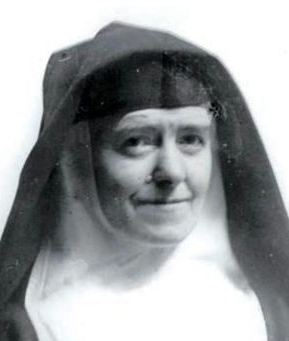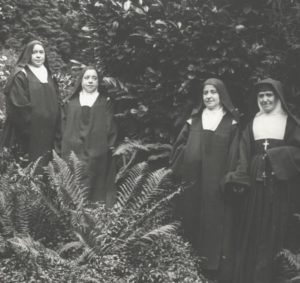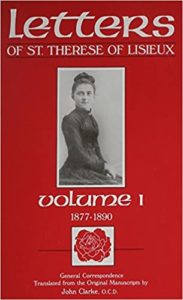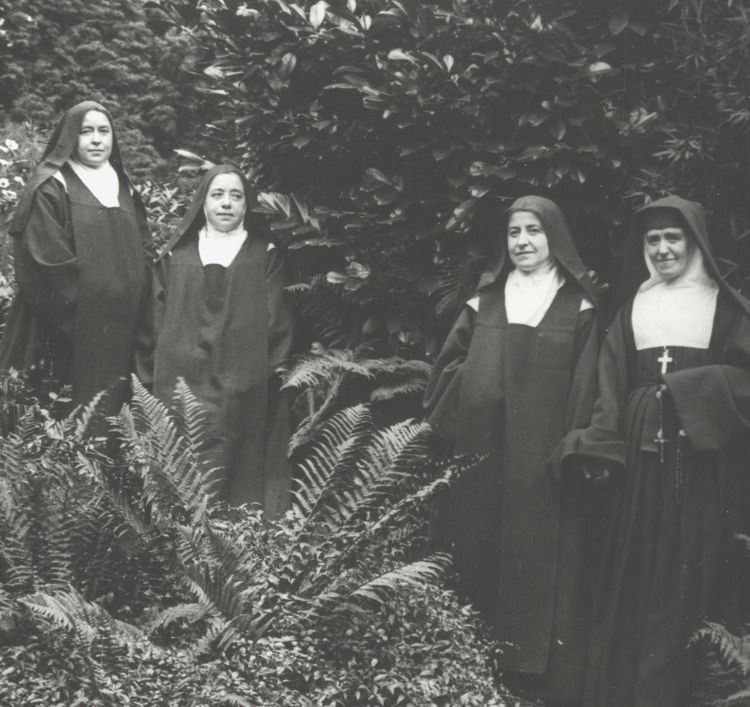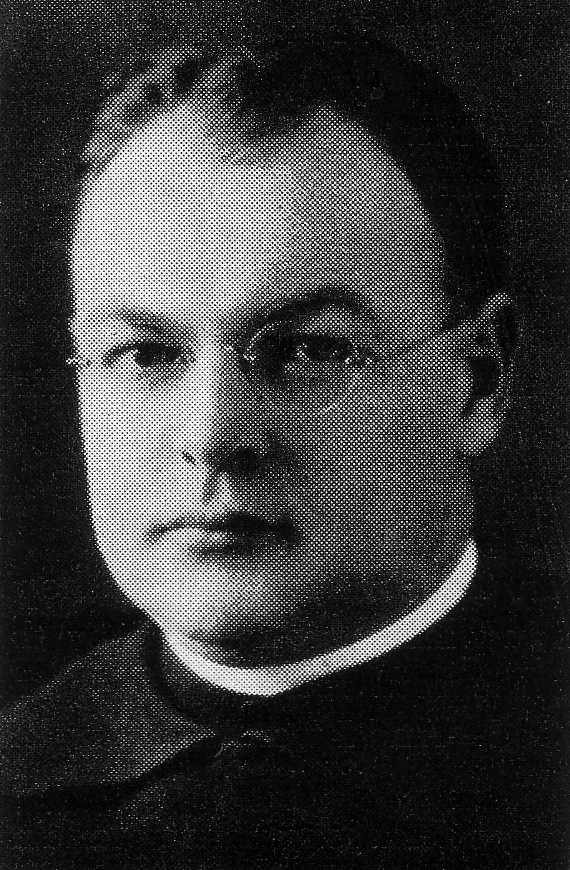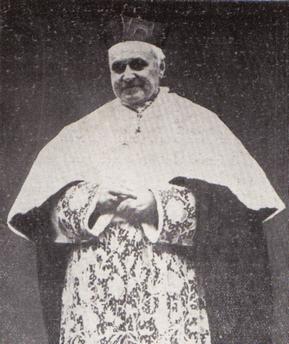Podcast: Play in new window | Download (Duration: 29:32 — 20.4MB) | Embed
Subscribe: Apple Podcasts | Spotify | Amazon Music | Android | Pandora | iHeartRadio | JioSaavn | Podchaser | Gaana | Podcast Index | Email | TuneIn | Deezer | Anghami | RSS | More
Fr. Paul Hamans – Edith Stein and Companions on the Way to Auschwitz on Inside the Pages
In this episode of “Inside the Pages”, Fr. Paul Hamans discusses with Kris McGregor his book Edith Stein and Companions on the Way to Auschwitz, which chronicles the lives of St. Teresa Benedicta of the Cross (Edith Stein) and 113 other Catholic Jews who were martyred by the Nazis in retaliation for a pastoral letter written by Dutch bishops protesting the Nazi regime.
Fr. Hamans, a Church history professor in the Netherlands, reminds listeners of the importance of remembering these martyrs, whose sacrifices were both an act of faith and a stand against Nazi atrocities. He highlights the deep spiritual significance of these lives, their willingness to suffer for their faith, and the ongoing legacy of their witness. In addition, he addresses the impact of the Dutch bishops’ resistance, the persecution faced by Jewish converts to Catholicism, and the profound example set by Edith Stein and others who embraced their crosses in service to God and the Church.
You can buy a copy of the book here.
Discerning Hearts Reflection Questions
- Sacrifice and Faith: How do the sacrifices of Edith Stein and her companions inspire you to deepen your own faith and commitment to Christ?
- Witness of Martyrdom: What lessons can you draw from the courage of the Catholic martyrs in standing against injustice, even at the cost of their lives?
- Legacy of Resistance: How does the Dutch bishops’ resistance to Nazi atrocities challenge you to speak out against modern-day injustices?
- Spiritual Resilience: In what ways can you embrace and carry your own crosses in your daily life, following the example of these martyrs?
- Hope in Eternal Life: How does the focus on eternal life, as emphasized by Fr. Hamans, influence your perspective on the challenges and sufferings you face?
 From the Book’s Description:
From the Book’s Description:
“On the same summer day in 1942, Saint Teresa Benedicta of the Cross (Edith Stein) and hundreds of other Catholic Jews were arrested in Holland by the occupying Nazis. One hundred thirteen of those taken into custody, several of them priests and nuns, perished at Auschwitz and other concentration camps. They were murdered in retaliation for the anti-Nazi pastoral letter written by the Dutch Catholic bishops.
While Saint Teresa Benedicta is the most famous member of this group, having been canonized by Pope John Paul II in 1998, all of them deserve the title of martyr, for they were killed not only because they were Jews but also because of the faith of the Church, which had compelled the Dutch bishops to protest the Nazi regime.
Through extensive research in both original and secondary sources, P.W.F.M. Hamans has compiled these martyrs’ biographies, several of them detailed and accompanied by photographs. Included in this volume are some remarkable conversion stories, including that of Edith Stein, the German philosopher who had entered the Church in 1922 and later became a Carmelite nun, taking the name Sister Teresa Benedicta of the Cross.
Several of the witnesses chronicled here had already suffered for their faith in Christ before falling victim to Hitler’s “Final Solution”, enduring both rejection by their own people, including family members, and persecution by the so-called Christian society in which they lived. Among these were those who, also like Sister Teresa Benedicta, perceived the cross they were being asked to bear and accepted it willingly for the salvation of the world.”
About the Author
Fr. Paul Hamans is a diocesan priest in Roermond, Netherlands, where he teaches Church history at the seminary there. He has a doctorate in history from the University of Augsburg, Germany, and is an expert on the Dutch martyrs of the twentieth century. His other publications include History of the Catholic Church in the Netherlands.

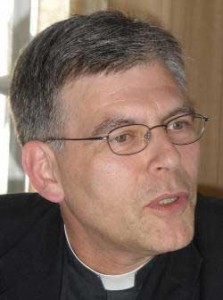



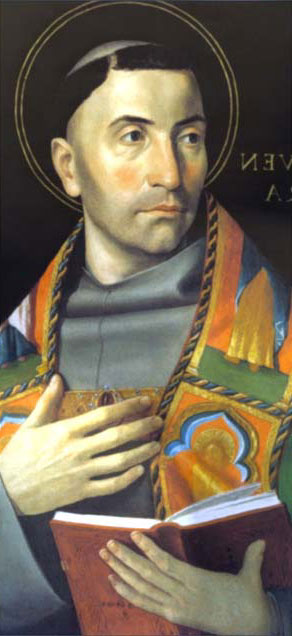
 A Sister of St. Thérèse: Servant of God, Léonie Martin – Bearer of Hope with Fr. Timothy Gallagher – Episode 14
A Sister of St. Thérèse: Servant of God, Léonie Martin – Bearer of Hope with Fr. Timothy Gallagher – Episode 14